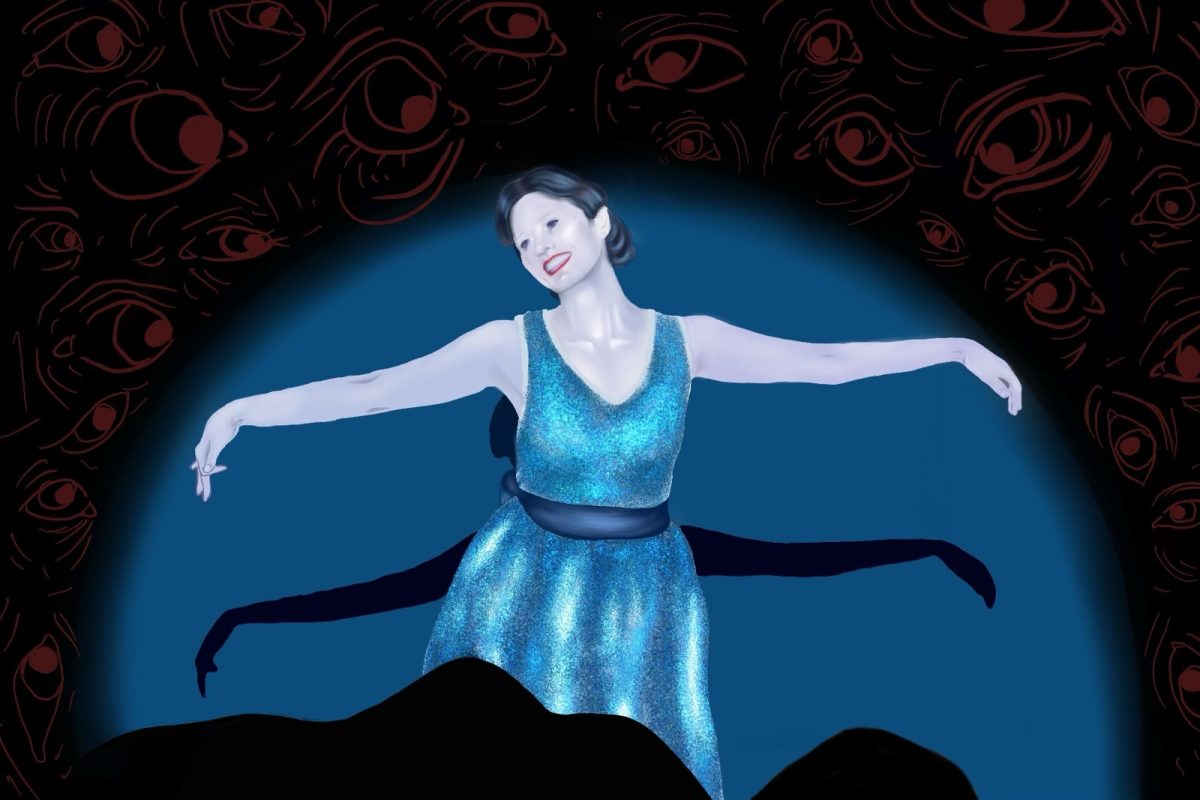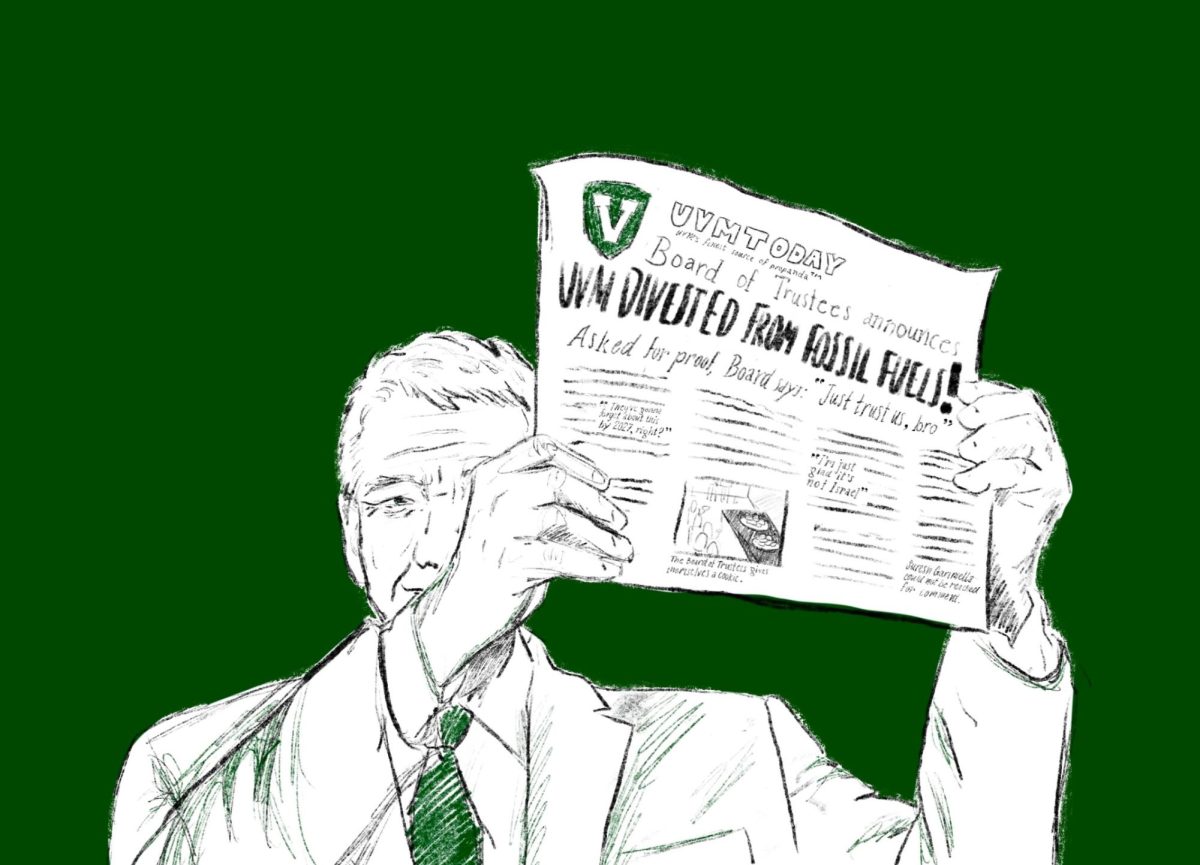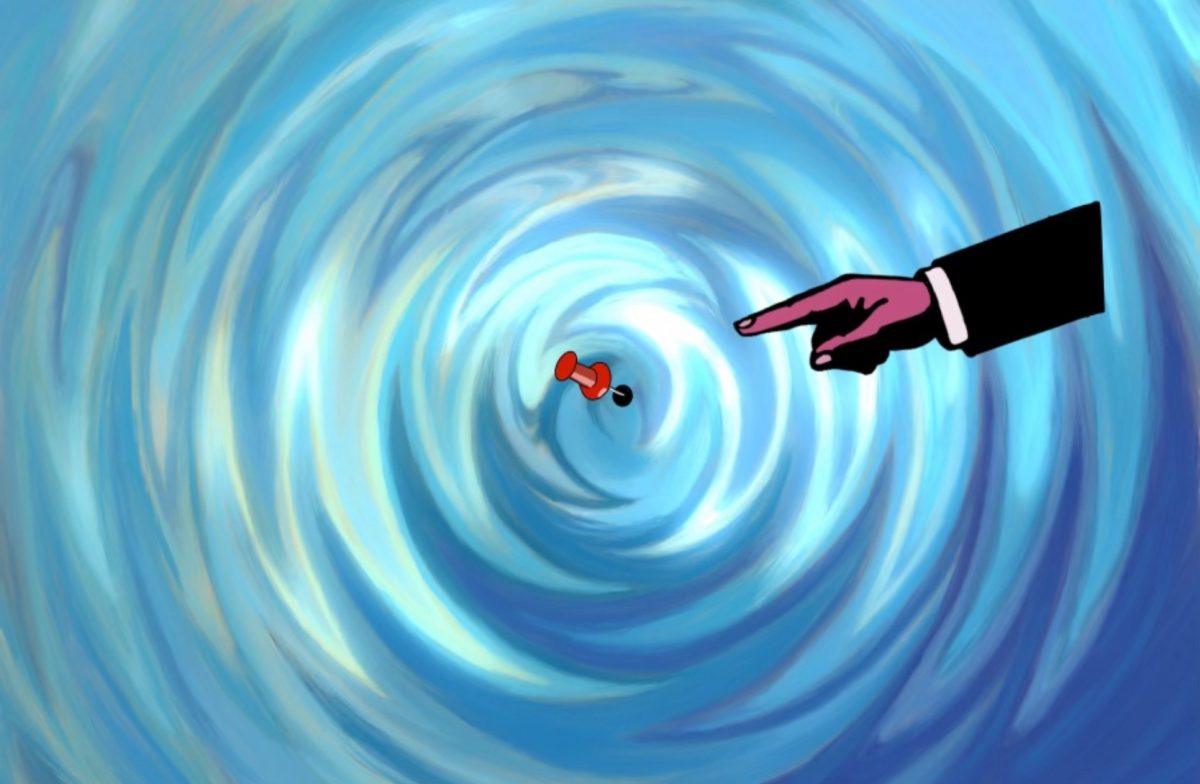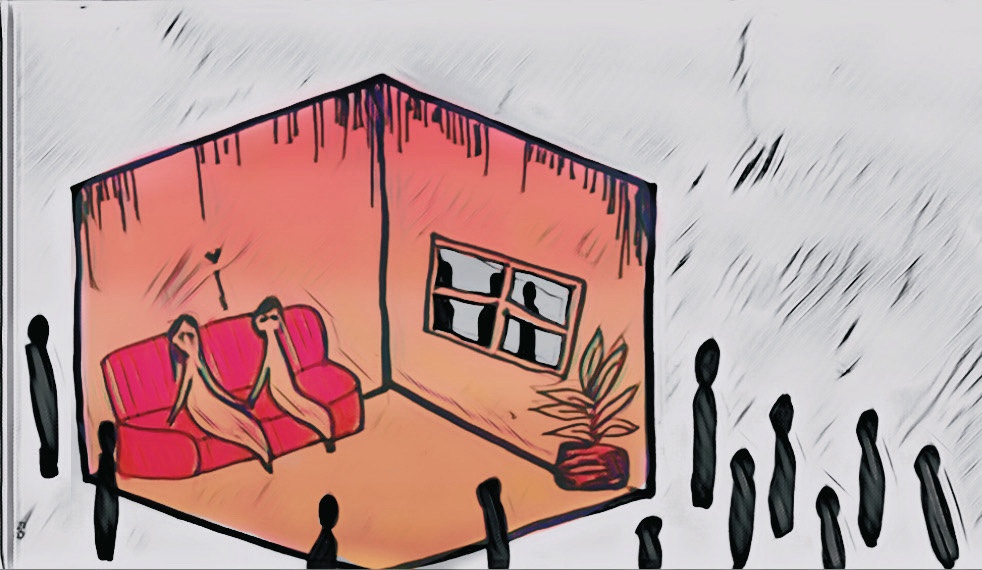D. Douglas Campbell’s article from the 11/11 issue of the Cynic, entitled “From the Democratic View – Our War on Terror”, paints a historical picture of the anarchist movement of a century ago that leaves plenty to be desired. In his haste to link that movement with Muslim terrorists today, it was obviously necessary to omit important facts about the nature of the anarchist movement, and the circumstances under which it took place.
Campbell begins by attempting to parallel the man Osama Bin Laden with the entire theoretical corpus of anarchism from the 19th century: “Osama bin Laden is their popular reading, combining in one person the three elements that made up the 19th Century Anarchist cause: the Ego, the Idea, and the Deed.” It would be simpler if Campbell were merely overgeneralizing. Instead, Campbell disregards the facts, specifically the highly-influential writings of anarchist authors from that time, such as Micheal Bakunin.
Osama Bin Laden is a preacher of hatred and intolerance, with statements such as, “We are sure of our victory against the Americans and the Jews as promised by the Prophet: Judgment day shall not come until the Muslim fights the Jew, where the Jew will hide behind trees and stones, and the tree and the stone will speak and say, ‘Muslim, behind me is a Jew. Come and kill him.’ “(From Esquire Magazine, Feb 1999)
We find a much different message from the 19th century anarchists. Contrast Bin Laden’s statement with the following by Bakunin, quite typical of anarchist writings from that era:
“I mean that liberty of each individual which, far from halting at a boundary before the liberty of others, finds there its confirmation and its extension to infinity; the illimitable liberty of each through the liberty of all, liberty by solidarity, liberty in equality; liberty triumphing over brute force and the principle of authority which was never anything but the idealised expression of that force, liberty which,after having overthrown all heavenly and earthly idols, will found and organise a new world, that of human solidarity, on the ruins of all Churches and all States.” (From Marxism, Freedom, and the State)
Aside from the theoretical issues, there are some areas in which the current war on terror *does* parallel the anarchist movements of the past.Most specifically, there is the fact of state repression. The post 9/11 period saw sweeping efforts to restrict the freedoms of Americans, but the repression hit closest for the Arab- and Muslim-American communities. This is solely due to their ethnicity and/or religion. Anarchists in the past dealt with a similar level of state repression. The infamous case of Emma Goldman is a textbook example of how freedoms can quickly be lost: Goldman, a naturalized US Citizen, was imprisoned, periodically beaten,and eventually had her citizenship taken away, after which she was deported to Russia. All because she was an anarchist.
Campbell claims, “Yet afterwards, it wasn’t all the arrests, new restrictions on immigration and tightening of civil liberties that ended the Anarchist cause.” I would suggest that Campbell review the historical circumstances of events such as the Red Scare. The notorious Palmer Raids, which occurred under the administration of President Woodrow Wilson, saw the arrest of thousands, many of whom were immigrants. Of those, few were even accused of any crime; they simply held beliefs which were not considered proper by the State, such as communism or anarchism. As many were immigrants, during this time many were deported, particularly Russians, since this occurred near the time of the Bolshevik Revolution.
At the time, the United States Justice Department even declared that it no longer needed to give these individuals lawyers as long as it was in the best interest of the government not to do so. No due process for them! If Campbell thinks such acts of repression and fear-mongering by the State and their willing cohorts in the media cannot affect the success or failure of a movement, I suggest he re-evaluate. Campbell and anyone else interested in further discussion on the anarchist movement and its significance to the present situation are invited to our discussion group, held every Monday at 7:30 pm in Lafayette 107.
George Stinson
Anthropology Class of 2005












![Can’t buy me [self] love](https://vtcynic.com/wp-content/uploads/2024/04/self-care-FINAL-1200x796.jpg)



